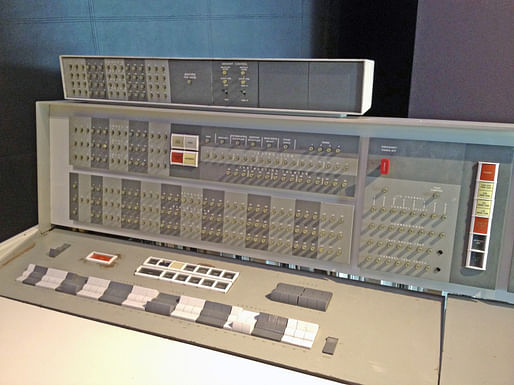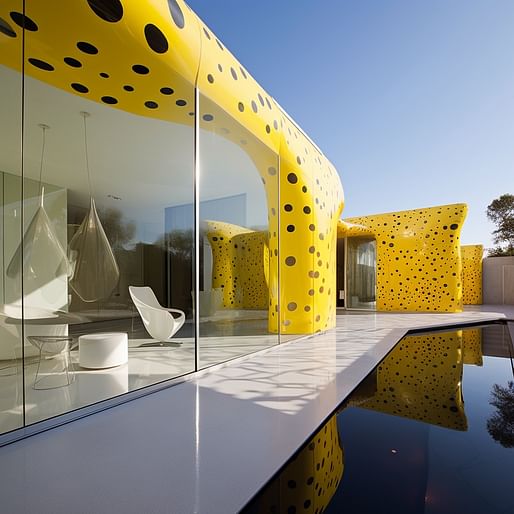
Following last week's look at an opening for the Director of the College of Architecture at Washington University in St. Louis, we are using this week’s edition of our Job Highlights series to explore an opportunity on Archinect Jobs for an Assistant Professor for AI in the Built Environment at the University of Florida.
The role, based in Gainesville, FL, calls for an individual who will be “positioned as a key collaborator within DCP [the College of Design, Construction, and Planning] and take an active role in the burgeoning university-wide network of Al faculty.” Among the requested qualifications is a relevant Ph.D. or terminal degree in the field and “demonstrated innovative research and education interests in the application of artificial intelligence in any aspect of design, construction, and planning.”

Why the role interests us
The open role at the University of Florida highlights the increasing prominence of artificial intelligence as a topic of interest within architecture schools across the United States. To that end, our ongoing Archinect In-Depth: Artificial Intelligence series has included several voices from architectural academia on the subject, including reflections on how to integrate AI in the academic studio.
“In some ways, it already has found a place,” Carnegie Mellon’s Molly Wright Steenson recently told Archinect when asked about AI’s place in the architectural curriculum. “I believe we already have tools built into architectural pedagogy, history, theory, and practice that allow us to explore emerging methods. Architecture is great at turning things upside down and looking at issues and topics from many different dimensions and rhetorical positions. You can ask questions. I believe this is what AI requires.”

Steenson’s assessment also included advice for educators on teaching AI. “Zooming about, I would again remind architectural educators who are teaching a course on AI right now that AI can be viewed as another word for computation,” Steenson advised. “If every time you say ‘AI,’ you have to instead say ‘computer,’ it forces you to question what else you have assigned to that paradigm of ‘computer’ and what your expectations of it are. Of course, we know AI is more than a computer, but I believe it is important to scale down our current hype cycle in order to understand more holistically the negative and positive possibilities of AI.”
In a separate conversation, Florida International University’s Neil Leach warned of the potential impact of AI on the academic landscape itself. “If we will only need a fraction of the number of architects, will we not also only need a fraction of the number of graduates?,” Leach asked. “Moreover, if these tools will do most of the work for architects, will students really need five years to study architecture? And if education is reduced to three years, would there not also be a reduction in the number of architecture professors needed?”

Further reading for interested candidates
Job Highlights is one of a number of ongoing weekly series showcasing the opportunities available on our industry-leading job board. Our Meet Your Next Employer series profiles and interviews interesting studios with open positions currently available on Archinect Jobs, while our weekly roundups curate job opportunities by location, career level, and job description.
No Comments
Block this user
Are you sure you want to block this user and hide all related comments throughout the site?
Archinect
This is your first comment on Archinect. Your comment will be visible once approved.